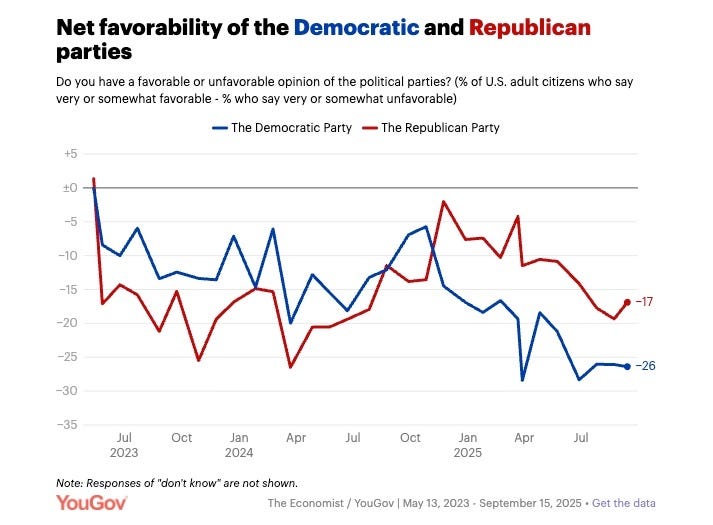The article discusses a pivotal week in American politics, highlighting key issues including the perception of oligarchy and the ongoing Google antitrust trials. The author argues that Americans are increasingly recognizing their political reality as one of oligarchy, diverging from traditional understandings of liberty. A significant focus is on Judge Amit Mehta’s ruling in a Google antitrust case, which many see as reinforcing corporate power rather than ensuring competition.
The piece contrasts differing definitions of liberty between Democrats and Republicans, suggesting that both parties endorse a model of freedom that ultimately supports monopolistic and authoritarian control—Democrats through a lens of consumer welfare and Republicans by empowering figures like Trump.
The article brings to light a cultural shift in conservatism, where free speech and corporate consolidation are now viewed through a lens of moral righteousness against the left, which is regarded as a threat to freedom. This narrative positions Trump as a protector and legitimate ruler, drawing parallels to Hobbesian ideas of sovereignty.
The author concludes by urging a reevaluation of liberty, advocating for a vision centered on freedom from coercion and equality before the law, which stands in opposition to the established systems that perpetuate arbitrary power. The discussion ends with a call to engage in new political structures to address these issues.



